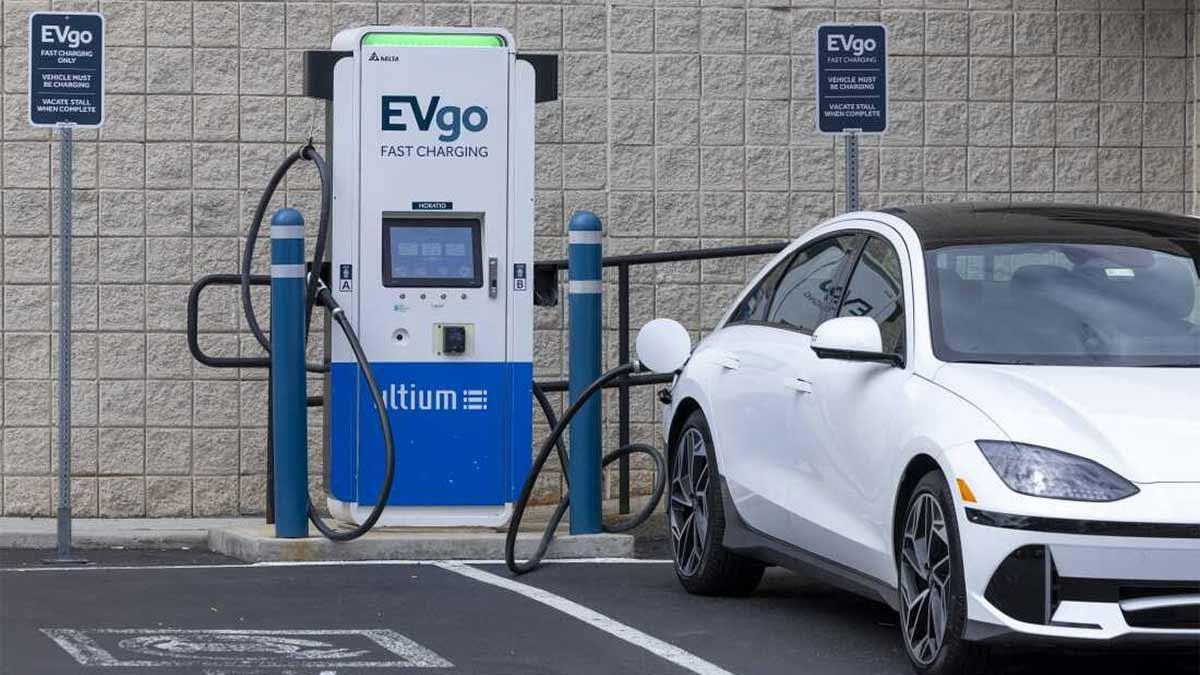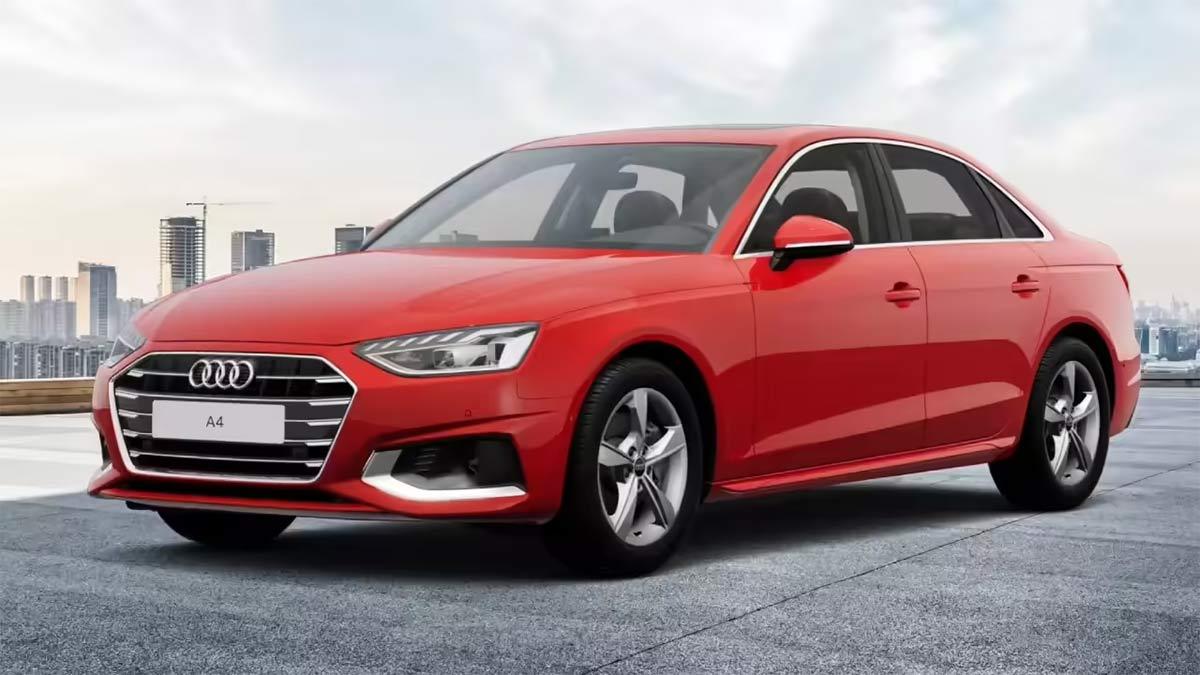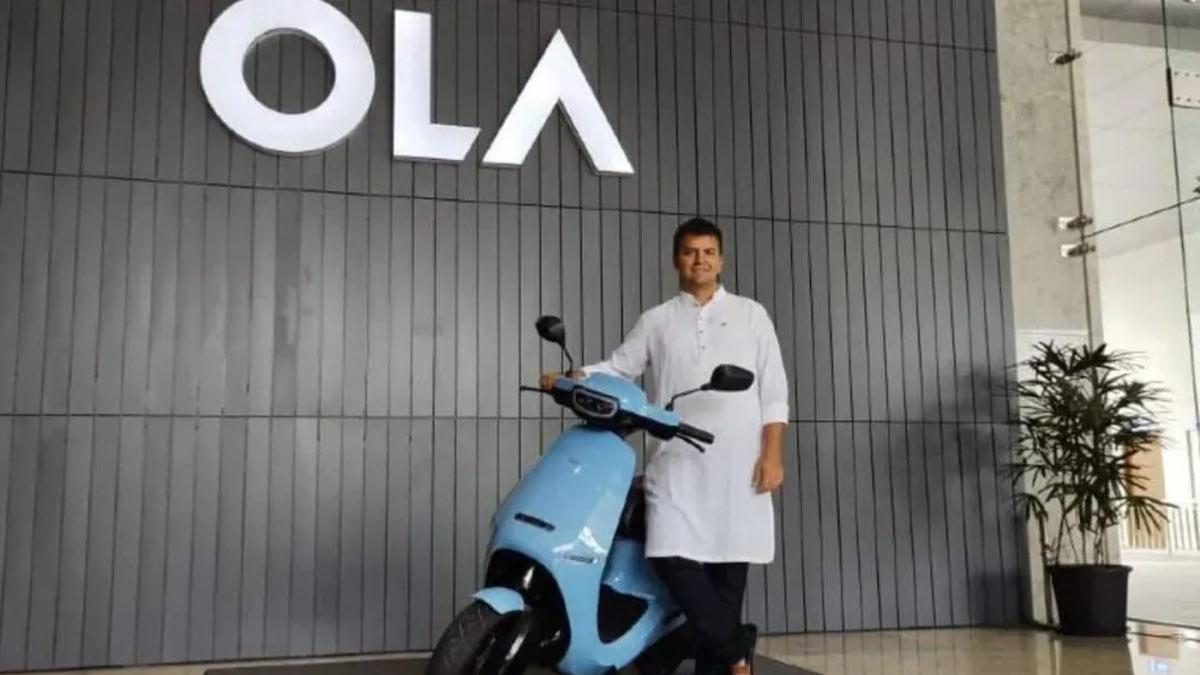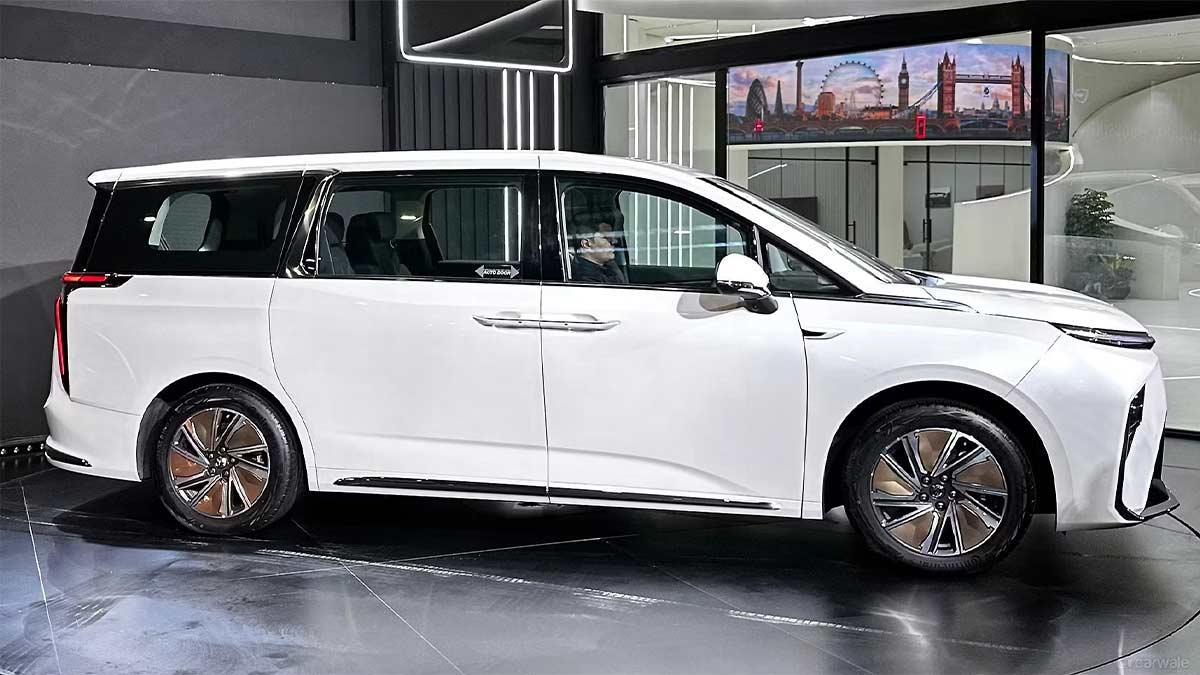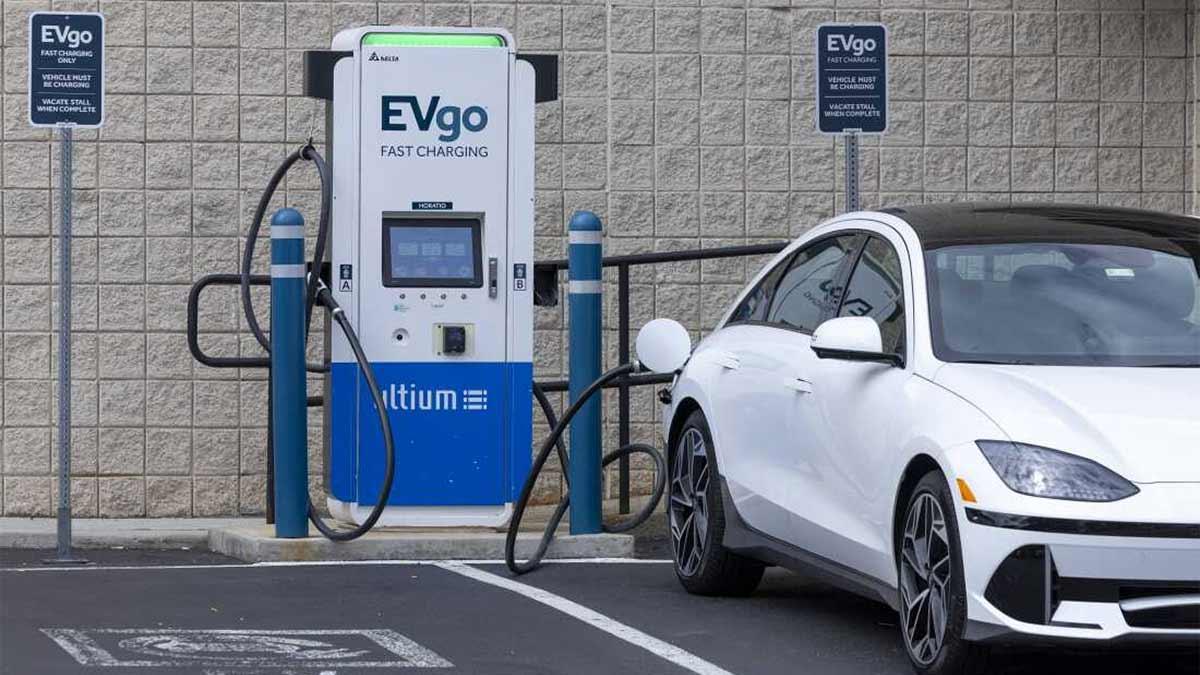Fears of China's dominance of critical minerals mounted on Tuesday as prominent world automakers followed their U.S. counterparts in cautioning that Beijing's export embargo on rare earth alloys, compounds, and magnets could provoke production slowdowns and plant closings unless resolved quickly.
German automakers were the latest to sound the alarm about China's export restrictions, which they assert have the potential to suspend production processes and devastate their domestic economies. This comes after a similar threat was sounded last week by an Indian electric car manufacturer.
China's April announcement to halt deliveries of a wide range of rare earth elements and related magnets has thrown a wrench into supply chains that are essential not only to the automobile sector but also to aerospace, semiconductors, and defense industries globally.
The action comes amid China's overwhelming presence in the market for critical minerals and is seen as a strategic play in the trade dispute with the United States under President Donald Trump.
Trump has sought to reconfigure the economic dynamic between the U.S. and China by imposing high tariffs on billions of dollars' worth of Chinese goods, hoping to narrow the huge trade deficit and bring back American manufacturing.
Trump imposed tariffs of up to 145% on Chinese products at one time but later relaxed them after financial markets responded badly to the sweeping tariffs. China has retaliated with counter-tariffs and has been leveraging its grip on critical supply chains to try and pressure the Trump administration.
White House press secretary Karoline Leavitt advised reporters Tuesday that Trump and Chinese President Xi Jinping would be meeting with each other this week, with China's export restrictions on the agenda.
"I can assure you that the administration is closely watching China's adherence to the Geneva trade agreement," Leavitt said. "Our administration officials remain in active communication with their Chinese counterparts."
Trump has suggested that China's gradual loosening of the export restrictions on strategic minerals is a violation of the Geneva accord signed last month.
MAGNET SHIPMENTS STUCK AT CHINESE PORTS
Exports of these essential magnets—essential for the manufacture of cars, drones, robots, and missiles—are stranded in different Chinese ports as license approvals make their way through China's opaque administrative machinery.
This has raised alarm in boardrooms and capitals from Tokyo to Washington as officials scramble to identify scarce alternatives while dreading a summer production halt on new cars and other goods.
Germany's motor industry association head Hildegard Mueller said on Tuesday, "If the situation is not changed quickly, production delays and even production outages can no longer be ruled out."
Chinese state media last week hinted at easing the export curbs on European chipmakers, while the Foreign Ministry reiterated intentions to increase international cooperation on its controls.
Still, Chinese exports of rare-earth magnets fell by half in April as exporters grappled with the ambiguous licensing process.
Frank Fannon, a past U.S. assistant secretary of state for energy resources and minerals consultant, wrote that the disruptions globally come as no shock to those observing the market closely.
"I wouldn't expect anyone to be surprised at how this is unfolding. We face a production problem (in the U.S.) and we must deploy our whole of government strategy in order to access resources and boost local capacity as quickly as possible. The timeline to accomplish this was yesterday," Fannon said.
Indian, Japanese, and European diplomats, automakers, and executives are scrambling urgently to meet Beijing authorities to speed up approvals for rare earth magnet exports, sources informed Reuters, as the industry fears shortages will shut down global supply chains.
A Japanese business delegation is scheduled to visit Beijing in early June to discuss the restrictions with the Ministry of Commerce. Meanwhile, European diplomats from countries with major automotive sectors have also requested “emergency” talks with Chinese officials in recent weeks.
India, which Bajaj Auto cautioned that further delays in accessing Chinese rare earth magnets would "seriously affect" electric vehicle manufacturing, is arranging a delegation of automobile executives to hold talks with Chinese officials in the next two to three weeks.
The director of the trade association representing General Motors, Toyota, Volkswagen, Hyundai, and other leading automakers made similar representations last month in a letter to the Trump administration.
Without consistent access to these elements and magnets, auto suppliers won't be able to make essential auto parts, such as automatic transmissions, throttle bodies, alternators, various motors, sensors, seat belts, speakers, lights, motors, power steering, and cameras," the Alliance for Automotive Innovation wrote in the letter.
Read also| Ola Electric Slips to 3rd as May EV Scooter Sales Plunge 51%

